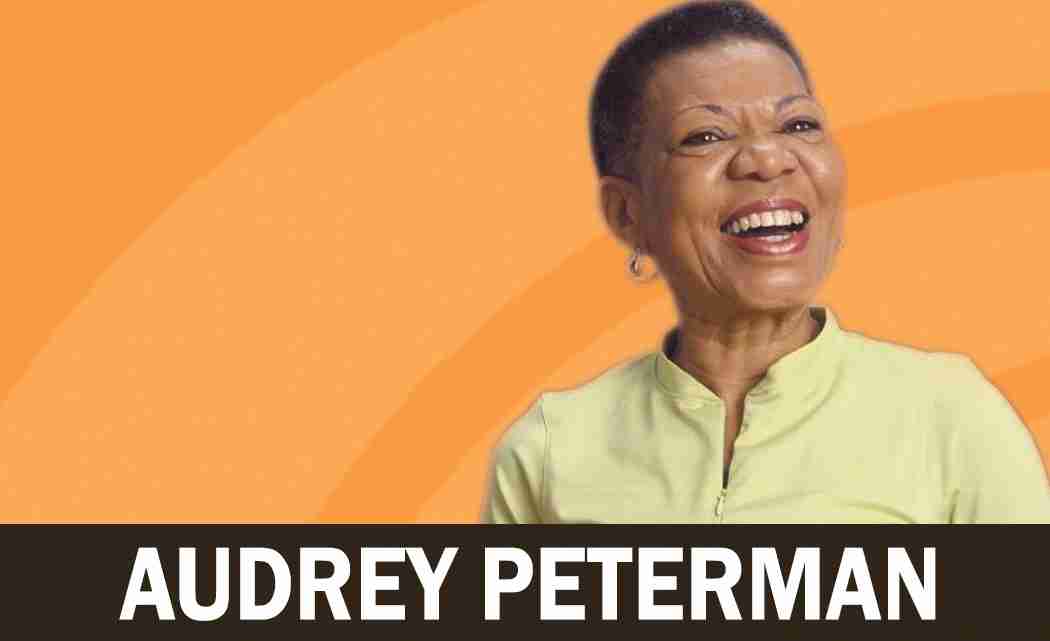In the Bible, Noah warned that a great flood is coming and was met with a great big shrug.
Today scientists are warning South Floridians and people who live near large bodies of water all across America that a great flood is coming, and in some quarters are being met with a great big shrug.
Last week the world’s leading climate scientists, members of the Intergovernmental Panel on Climate Change (IPCC) met in Miami which, like Fort Lauderdale, is one of the cities in the bull’s eye. They talked about how to connect the inevitable flooding to our wallets so we will begin to give a hoot. I guess the potential loss of life and the ruin of the place we live is not enough to inspire us to care.
A brief Google search for sea level rise in your city will show you where the water is likely to be in 15 years and beyond. Local newspapers have done a credible job highlighting the issue. Still, many of my friends and family seem to have little appreciation of how urgent this issue is.
Maybe it’s because we’re accustomed to dealing with hurricanes that we may be lulled into a false sense of security. We think we’ll have adequate warning and be able to prepare as usual.
But according to the scientists in Miami last week, with the two feet of sea level rise predicted for South Florida by 2100, Hurricane Andrew would have swamped Dade County all the way to Naples.
Before we take comfort in the year 2100, please bear in mind that the predictions for climate effects have happened much sooner than projected, as “feedback loops” that accelerate the process cannot be projected with certainty. This means that as we pump more pollution into the air, the glaciers melting in the Arctic dump massive quantities of fresh water into the oceans, affecting the currents that control Earth’s weather. The effects multiply exponentially and can happen with little warning.
So ask yourself, what will make this issue personal for me, so I know what’s coming and what to prepare for?
Do I need to hear it from my state and local government representative?
From my homeowners’ or renters’ association?
From my civic or business groups?
From my church and school?
What are the adaptive measures and structures that other cities are putting in place now to channel the excess water?
Why are we still allowing construction/selling new developments on water bodies?
What will the effect be on vulnerable people – the poor, African Americans and Hispanics – when much of the coast is inundated and the lands we occupy become premium?
I’d say we need to hear it from all the above sources, and have our questions aired and answered. Something this important cannot be a conversation for a few.
In the Great Flood of 1947 my husband Frank watched his mother plant a stick in the ocean waters lapping at their neighborhood in Dania Beach. Whitecaps were breaking on US 1, fish floundering in the water.
“When the water reach here to this level,” she said, marking it, “I’m taking the boy and going back to Alabama,” she told his dad.
Thankfully, it never did.
But sea level rise is already happening and we’re seeing increased flooding from storms and high tides. If our leaders are not preparing us, then we need to prepare ourselves and require them to take action.
I hope we’re not waiting for Noah to come and tell us!
Audrey Peterman is an environmentalist and writer living in Fort Lauderdale. www.earthwiseproductionsinc.com










No Comment